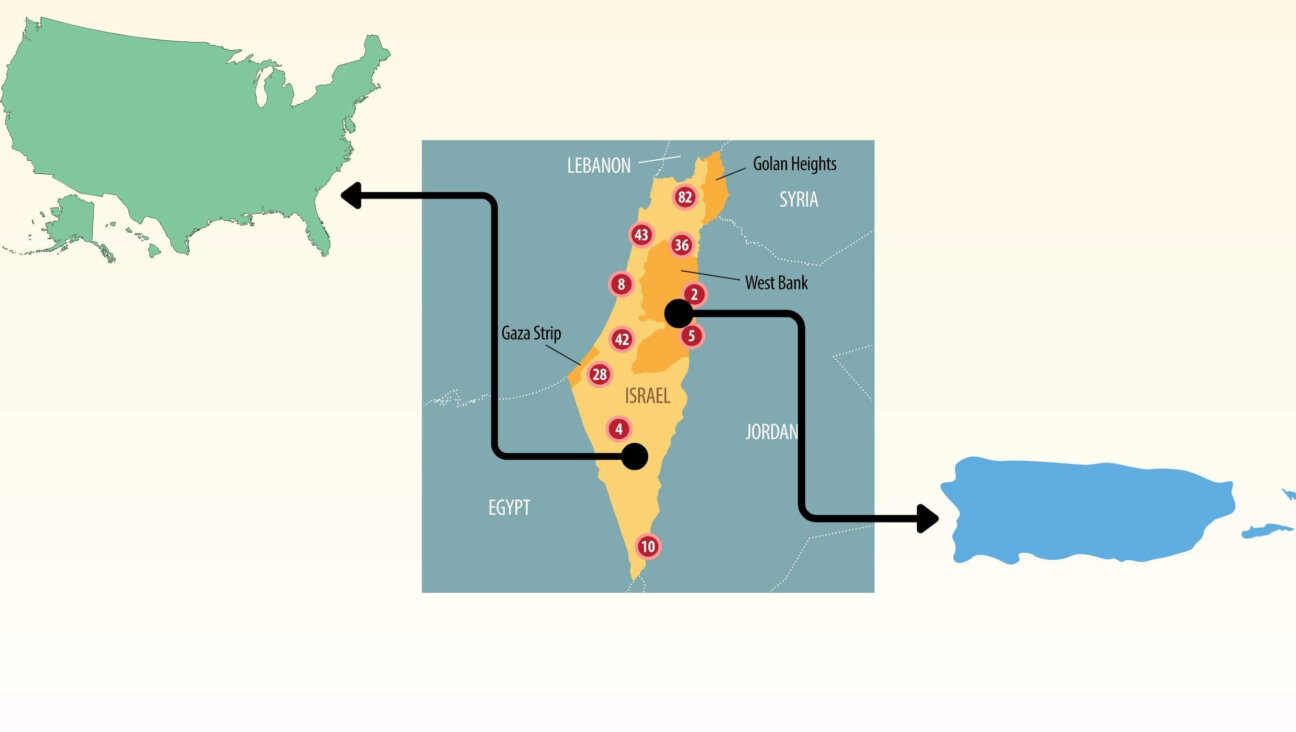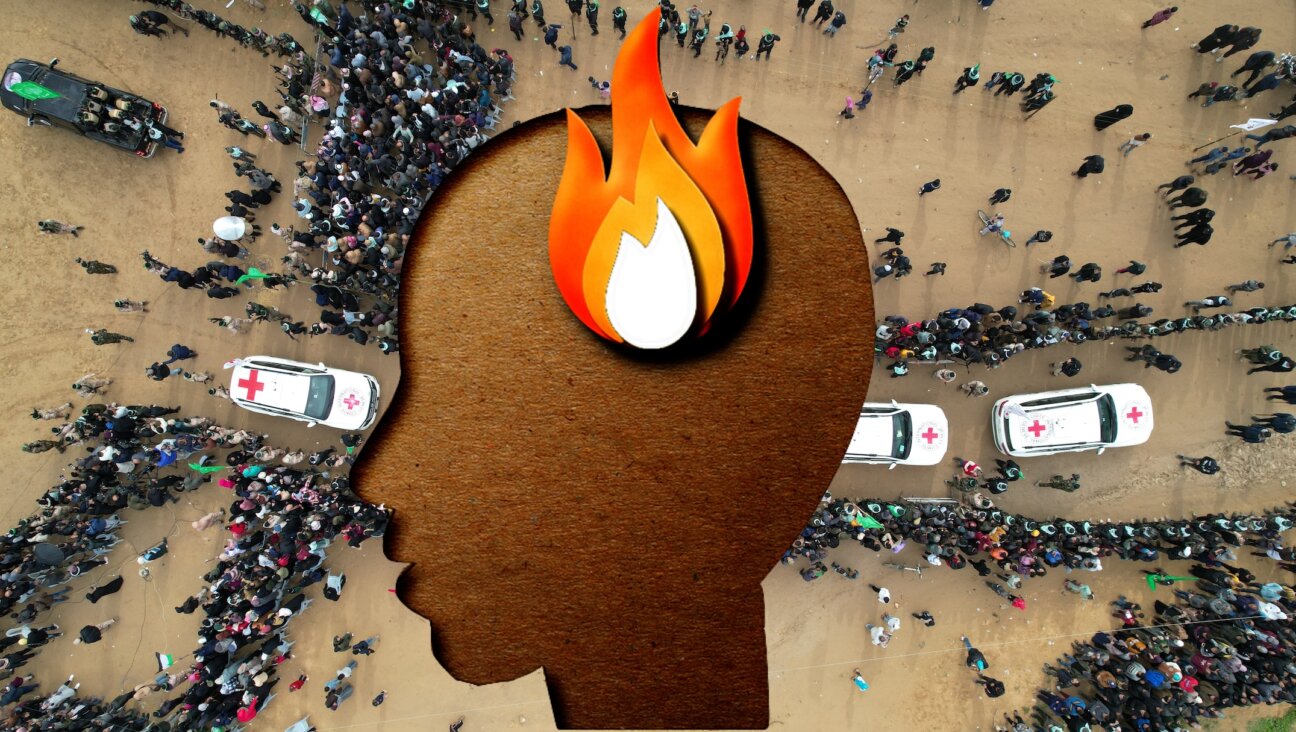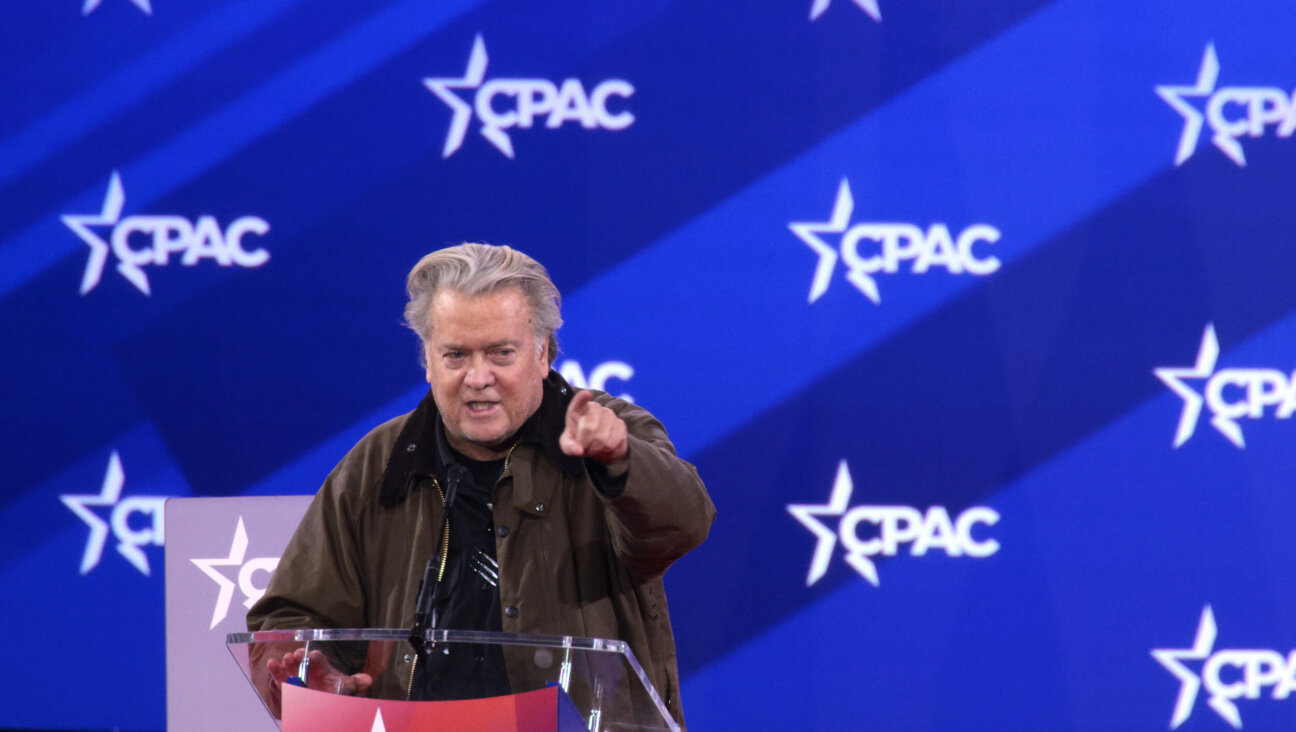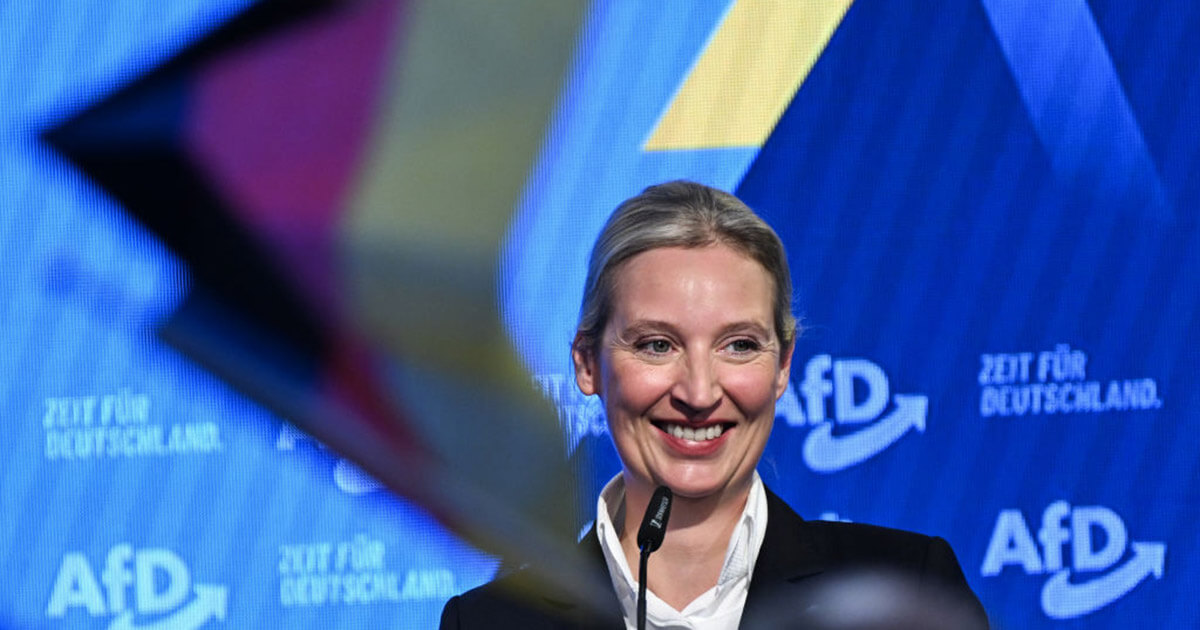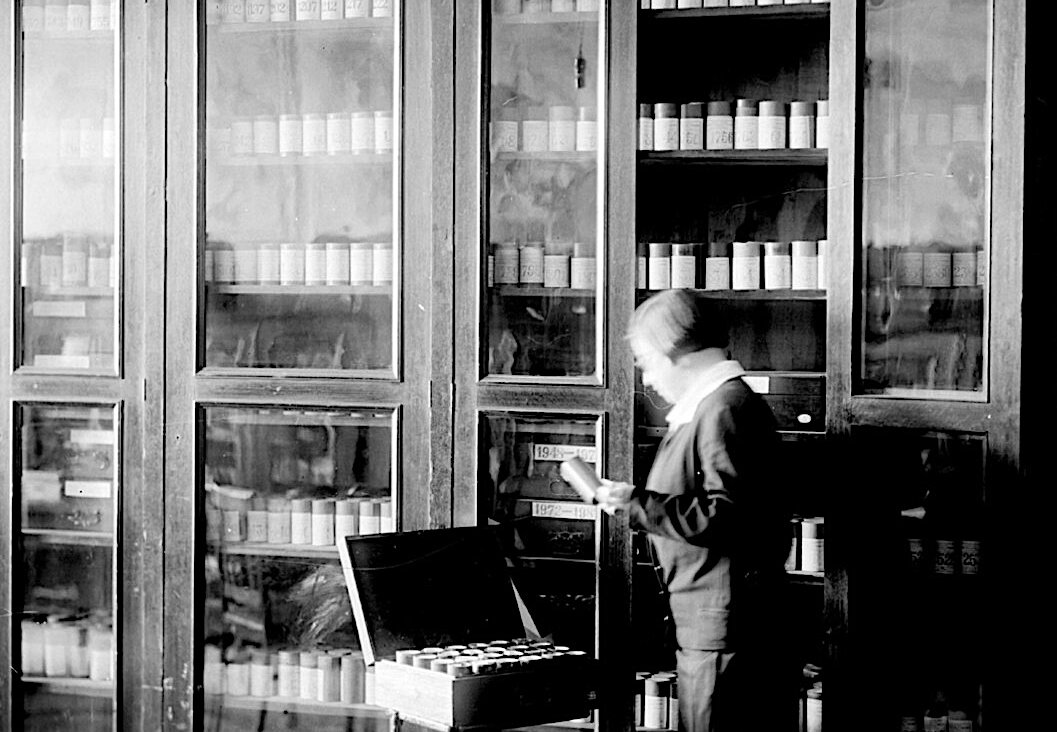Beware the Ideological Guards of Academia
Earlier this month, as I got ready to address the graduating class of Jewish studies majors at the University of Maryland, I found myself acutely conscious of how much had changed in the university world since I entered it 40 years ago.
Many of the assumptions and basic values that I brought with me into the university now seem to be in doubt. The cultural hierarchies I took for granted now seem in shambles.
Conveying my values to my students has never seemed harder. The ever-growing age gap between us makes it difficult to warn about the intellectual and moral challenge awaiting them without sounding ponderous.
How can I convince them that college is not an end in itself but only the entrance into the intellectual life, the life of the mind — an ongoing experiment in self-creation that begins with our birth and should not end until life itself is over? How can I inspire them to continue all-night reading and writing sessions driven not by due dates but by their own passion and curiosity, by challenging books and ideas?
From my perspective it seems that these young people are beginning their adult intellectual journey at a crucial time of cultural change, a time when the definition and structure of knowledge are being reshaped and the very value of knowledge is up for grabs. Like the Wizard of Oz, we give degrees to reassure ourselves that we have a brain, but we can’t hide our fears that degree or not, our head is filled with nothing but bits of straw. There has never been a time in human history when so much knowledge has been available, but have we ever felt so acutely our own inability to make sense out of it?
I am a historian. My profession’s claim to knowledge is its training in categorizing data, documenting change, analyzing the tiniest nuances in texts and keeping chronological track of shifts in human aspiration and social achievement. We historians like to believe that we have developed objective tools with which to accomplish this. We like to claim that we can stand back and objectively describe realities both past and present.
And I am also a Jewish historian, one of a small group of scholars who believe that the historical method has a special significance in making sense of the twists and turns of Jewish life over the centuries — that our methods, properly applied, can give nuanced meaning to the Jewish cultural legacy in all its complexity and sophistication. And we believe that our scholarly efforts can open up Jewish experience and Jewish culture to the rest of society, that we can share the special emphases of one tradition using the common language of the university community.
I recently gave a lecture about “Shalshelet HaKabbalah,” a history book written in Hebrew by an Italian rabbi of Portuguese descent and first published in Venice in 1587. In it, Gedaliah Ibn Yahya traced the chain of Jewish tradition all the way back to Moses at Sinai while also proudly linking his own family back to King David.
Reading his fabulous tales about medieval rabbis and about the Jewish feudal lord who had founded his own clan, I noticed that Ibn Yahya was no more afraid of universal knowledge than are my colleagues, the modern followers of Jewish studies. Central, even essential, to his historical effort was the conviction that over the centuries “they” — the gentiles — had discovered nothing to undermine the value of Jewish truth. Jewish truth, he assured his readers, could proudly claim its place in the pantheon of universal knowledge.
In recent years, however, our faith in this common intellectual effort has been challenged and threatened. Jews, to their surprise, now find that university language does not always seem as objective or as neutral as we once assumed. Our proud Jewish claims to national accomplishment have been labeled with ugly names, our spiritual and cultural accomplishments dismissed as retrograde.
Not that long ago Jews claimed entrance to academia’s ivied halls on the grounds of freedom of speech and liberty of conscience. There are many Jews today who are no longer sure that such principles can be trusted. There are Jewish professors and administrators who seek to station ideological guards at the university’s gates and shout down those — whether Jewish or not — who might say things we are afraid to hear.
It is no surprise, of course, that politicized issues are difficult to discuss in dispassionate academic tones. Academia is not — indeed should not be — dispassionate. I myself love to raise my own voice and shout in the halls, hoping to goad students to argue aloud about ideas.
The danger in academia does not come from passionate debate. It comes from the willingness of students to drop out of the debate, to label a professor’s or a fellow-student’s view as nothing more than an opinion on a par with every other and therefore safely ignored.
I have had students tell me that I shouldn’t raise issues in classes because others, not blessed with the “right” Jewish education, might be misled. I have met parents who tell their children to avoid professors who hold the wrong political views, or worse yet, to take a required course but never challenge the professor for fear of a low grade.
The real danger comes from the assumption that we are free to believe whatever we wish, that we do not have to engage ideas.
Many years ago I entered the new field of Jewish studies believing that sustained academic scholarship would illuminate the future of Jews, Judaism and mankind. I was naive; many of my expectations have been proven wrong. But I cannot imagine a nobler cause.
Bernard Dov Cooperman is a professor of Jewish history at the University of Maryland.
A message from our Publisher & CEO Rachel Fishman Feddersen

I hope you appreciated this article. Before you go, I’d like to ask you to please support the Forward’s award-winning, nonprofit journalism so that we can be prepared for whatever news 2025 brings.
At a time when other newsrooms are closing or cutting back, the Forward has removed its paywall and invested additional resources to report on the ground from Israel and around the U.S. on the impact of the war, rising antisemitism and polarized discourse.
Readers like you make it all possible. Support our work by becoming a Forward Member and connect with our journalism and your community.
— Rachel Fishman Feddersen, Publisher and CEO








